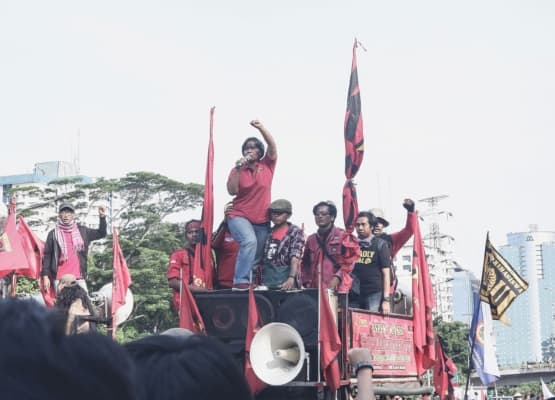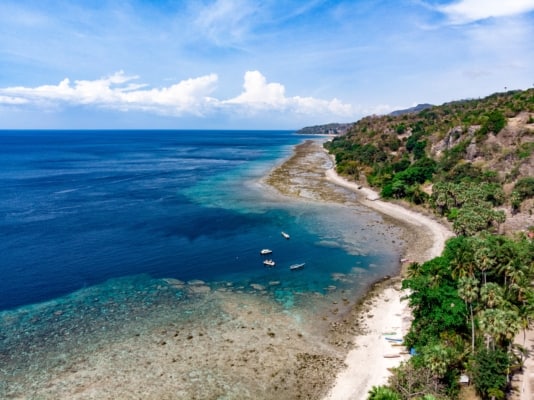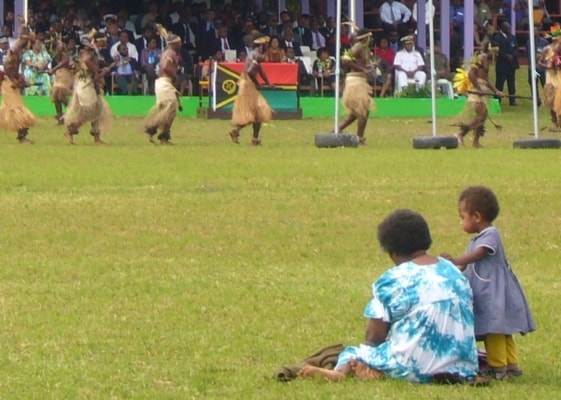Commonly held assumptions about women’s participation in Sri Lankan politics reveals the often-false distinction drawn between women’s social and political experiences. Pathways for women to participate in Sri Lanka politics remain limited. When women do succeed in politics, they are often from elite backgrounds. The paper takes a life-history approach to understand the diverse experiences of women with and without formal political roles. It explores how this understanding can help to re-construct pathways for grassroots women into politics.
The paper is based on interviews and focus group discussions with women who are or have been in government, and women from the grassroots who were unsuccessful in navigating a pathway into formal politics or who chose not to contest.
Key findings
- Well-designed quotas are essential to improving women’s political representation at all levels of government.
- Women starting or considering starting a political career need to feel supported by the women already in politics, and networking among women politicians is key. Political rivalries should not get in the way of this.
- Male counterparts need to value and give space for women’s skills, assets, and experience.
Implications
To improve the political representation of grassroots Sri Lankan women, it is crucial to support a wider discourse that values women’s contribution to politics and increases the visibility of what they offer. Women’s self-promotion can help to shift pre-existing ideologies and norms, but there is still a need for women’s contributions to the Sri Lanka political landscape to be made visible through mediums such as the media.












